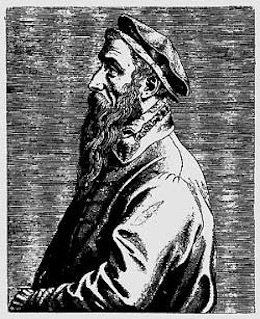Pieter Brueghel l'Ancien
Living in : Entre Anvers, l'Italie et Bruxelles
Working in : Entre Anvers, l'Italie et Bruxelles
Artist's webSite
Although he was already famous when he died in 1569 "in the prime of life" (between 35 and 45 years of age), the artist whose work was snapped up immediately after his death and disputed between the German emperor and Rubens, leaves a biography that is incomplete. No letters from him, no contracts or proof of payment are known. The Brabant man was born around 1530 not far from Breda, in an obscure village formerly known as Bruegel - a name he kept for himself and his descendants - according to his first biographer Carel van Mander, who summarizes the artist's life in his Book of Painters published in 1604. But the artist could just as easily have been born under the name of Brueghel in Antwerp - the first city where the young man (spelled Pieter Brueghels) is mentioned when he is admitted as a master in the registers of the Guild of Saint Luke in 1551. Today, van Mander's allegations are said to be "fanciful", on the pretext that this Protestant, who was on the run in Haarlem at the time, knew Bruegel only through gossip and insidiously sought to take revenge for the religious persecutions committed by the Habsburgs by using the painter as a standard for revolt. However, even if van Mander confuses truth and legend, all truth comes through the legend, because it expresses what must be remembered about a man.
artist_books
Les Brueghel
Émile Michel, Victoria Charles Éditions Parkstone, Press-Artfise De grandes planches en couleur illustrent magnifiquement l’histoire de la dynastie des Brueghel présentée dans ce catalogue. Un siècle – le XVIe – de peinture familiale flamande s’écoule au fil des pages. De Pieter I Brueghel dit l’Ancien, à son fils Pieter le jeune surnommé “Bruegheld’enfer”, au cadet J ...
Les Primitifs flamands
Les Primitifs flamands Erwin Panofsky Hazan [Concernant les primitifs,] l’introduction la plus fascinante qui soit demeure Les Primitifs flamands d’Erwin Panofsky. Dans l’édition qu’il en donna en 1992, Éric Hazan dut rappeler que “ce livre est devenu un classique et constitue ce qu’il est convenu d’appeler une somme, et relative à un sujet qui reste trop mal connu, en France ...
